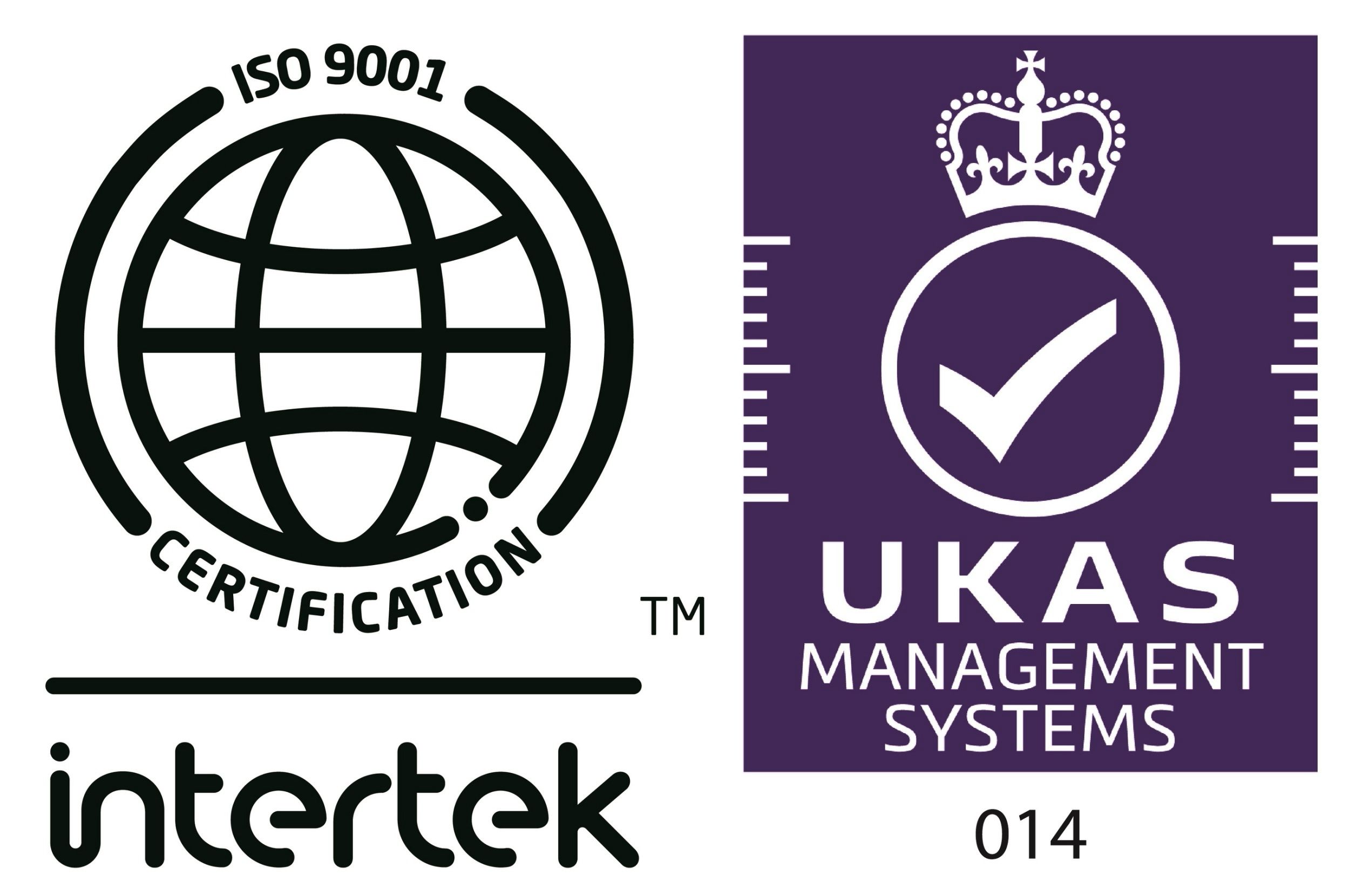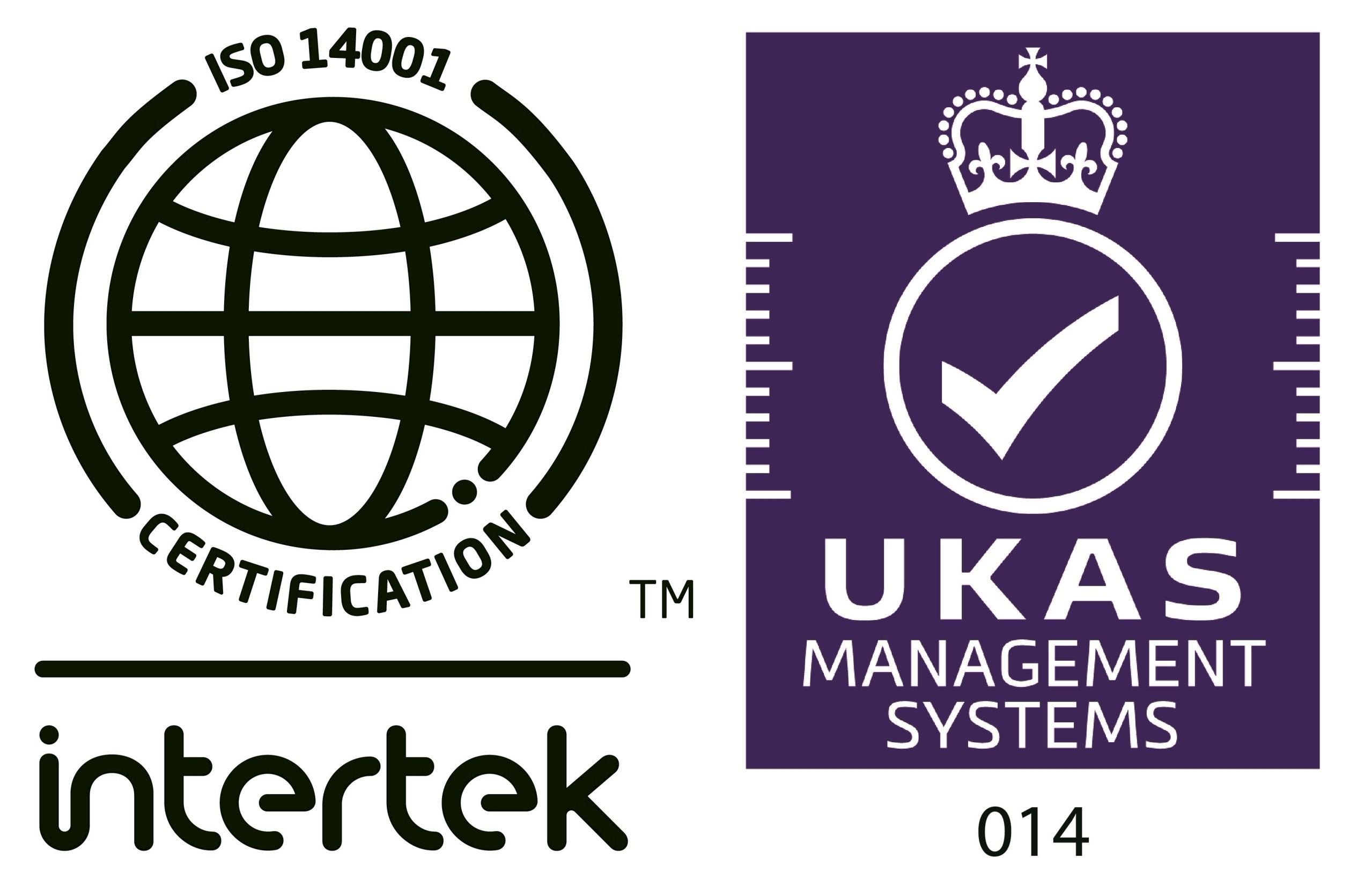EU taking a stand against pharmaceutical residues in wastewater

In Uppsala, Sweden, an innovative pilot project to rid water of pollutants is making waves.
Every year, Uppsala’s water treatment plant processes around 20 million cubic meters of wastewater. A cocktail of powerful pollutants residues from medications against depression, inflammation, anxiety, and high blood pressure – have been detected in the water.
“We are talking about nanograms per litre. So it is very low level. But some of our priority substances could have a negative effect on the aquatic environment already at those very low levels,” says Anna Maria Sundin, a Development Engineer at Uppsala Vatten.
Such pharmaceutical residues can severely affect the internal organs and reproductive cycles of fish and amphibians. The Uppsala water treatment plant’s pilot project aims to address this issue by removing at least 80% of five of these harmful substances.
To achieve this ambitious target, the project employs complex technologies including activated carbon and anion exchange. However, these come with significant challenges due to the varied properties of the compounds. Sundin states, “The different compounds on different substances have different chemical and physical properties. And that affects the removal efficiency.”
The urgency of upgraded removal technologies cannot be overstated, particularly given the global scale of the problem. It’s estimated that 4,000 active pharmaceutical ingredients are being used in medicines worldwide, and up to 90% of oral doses can be excreted by our bodies as active substances.
This persistent issue extends well beyond Sweden. Stefan Berggren, Director at the Swedish Knowledge Centre for Pharmaceuticals in the Environment, explains, “One of the issues is that they are very resistant to breaking down in the body…they will reach the environment as a fairly persistent substance”.
This problem has drawn the attention of the European Commission, which has proposed to strengthen the environmental risk assessment for all pharmaceutical companies placing their medicines on EU markets. It even has plans to refuse market authorization where companies do not provide complete or sufficiently substantiated assessments.
Elin Engdahl, Senior Policy Officer at the Swedish Society for Nature Conservation, believes this is a step in the right direction, but calls for further action. “We need to try to green the healthcare sector. Now the pharmaceutical industry is developing more green pharmaceuticals; they are more biological, they can degrade more easily. But they are more expensive as well,” she says.
The pilot project in Uppsala will conclude in 2024, but the quest to mitigate the environmental impact of pharmaceutical residues in our water continues. By leveraging cutting-edge technology and driving policies that encourage sustainable practices, we can hope to protect our aquatic ecosystems for future generations.
In its proposal for the Urban Waste Water Treatment directive, the Commission is also working to reduce the environmental impact of medicines by extending a Responsibility scheme that also applies to pharmaceuticals developers.
Source: https://www.euronews.com/next/2023/06/29/sweden-taking-a-stand-against-pharmaceuticals-in-water

